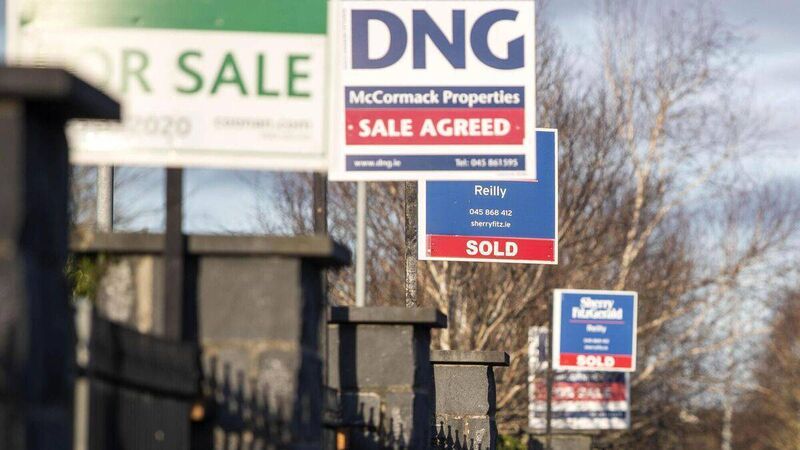Neil McDonnell: Reviewing tax policy must be a priority in tackling the housing crisis

The Commission on Taxation stated it "does not recommend the use of tax incentives in order to stimulate the supply of housing.”
The inflation dragon appears to have been slayed in Europe, and the European Central Bank (ECB) is promising further interest rate decreases.
While ISME has been lobbying on the housing shortage since 2017, it is only in the last year or so that we have seen public intervention in the housing debate by large enterprises, and representative groups such as the American Chamber.











